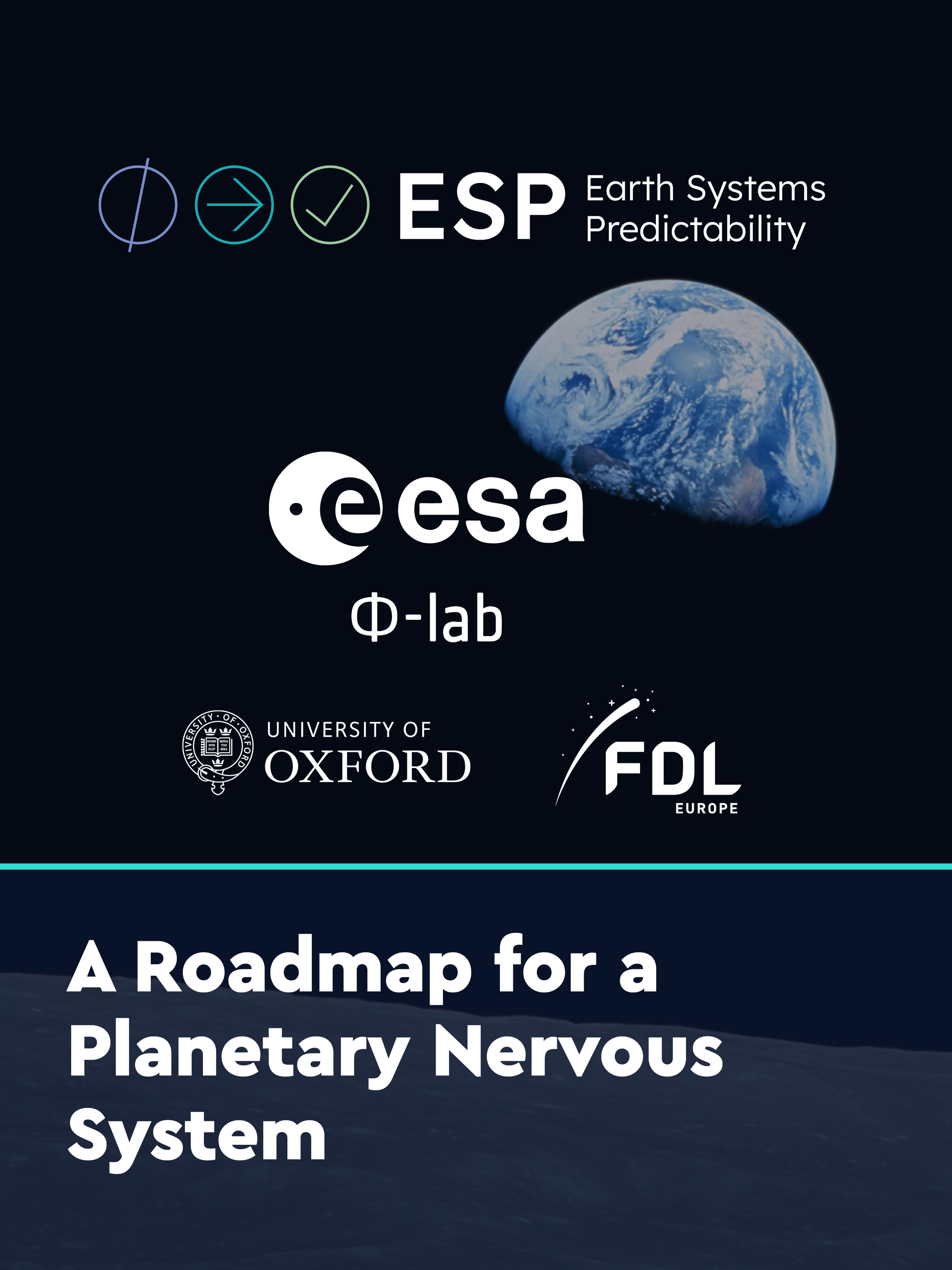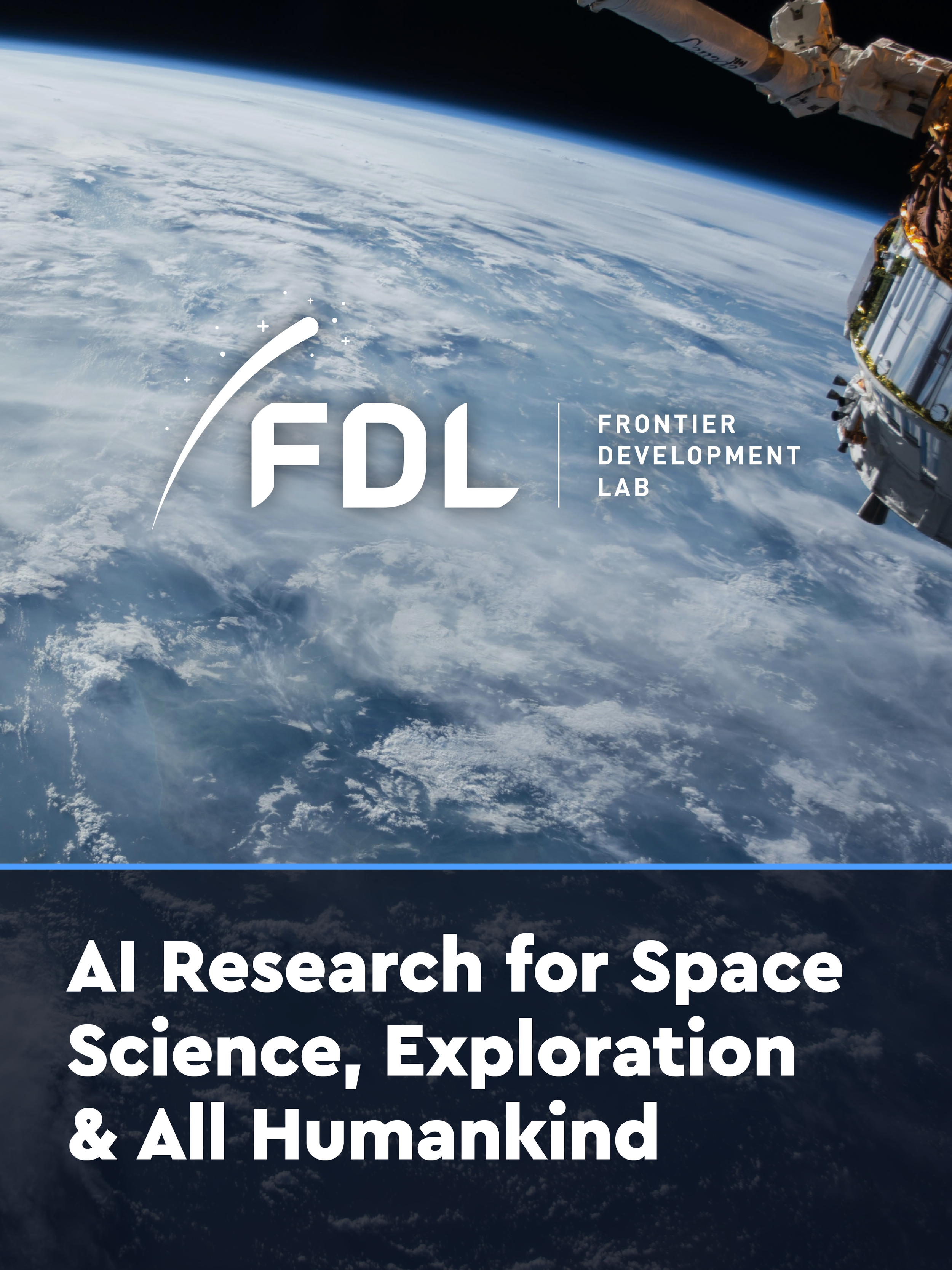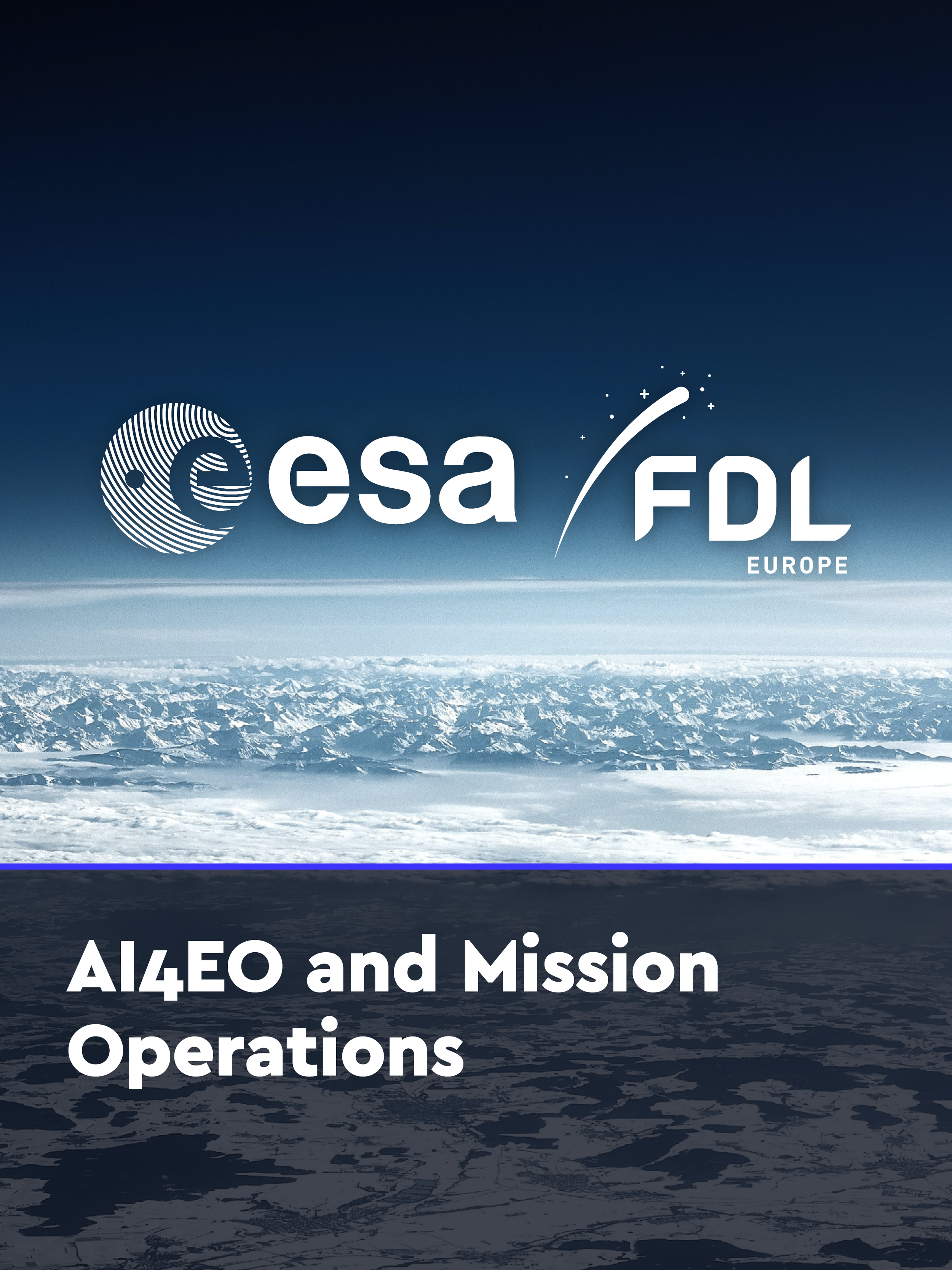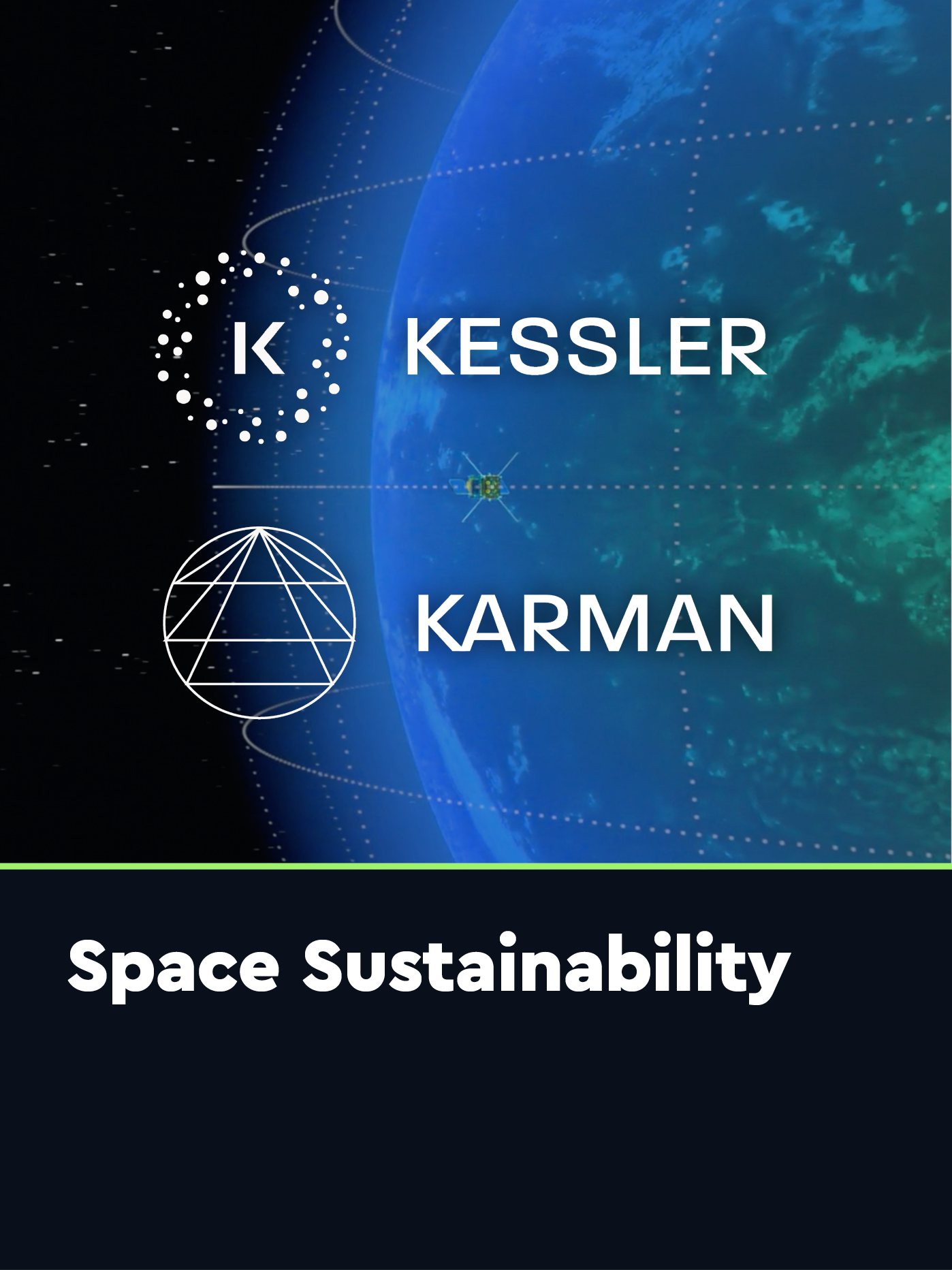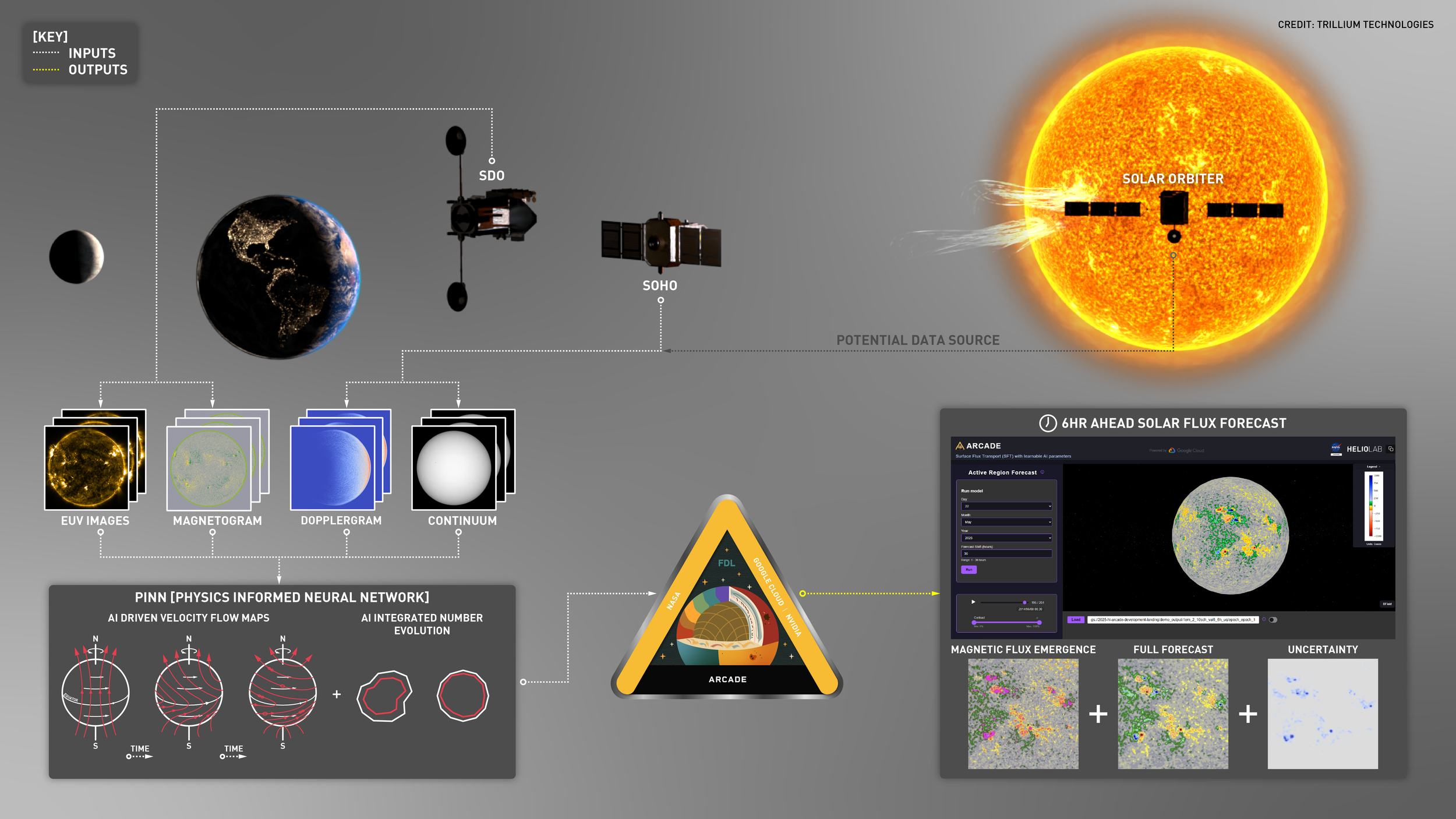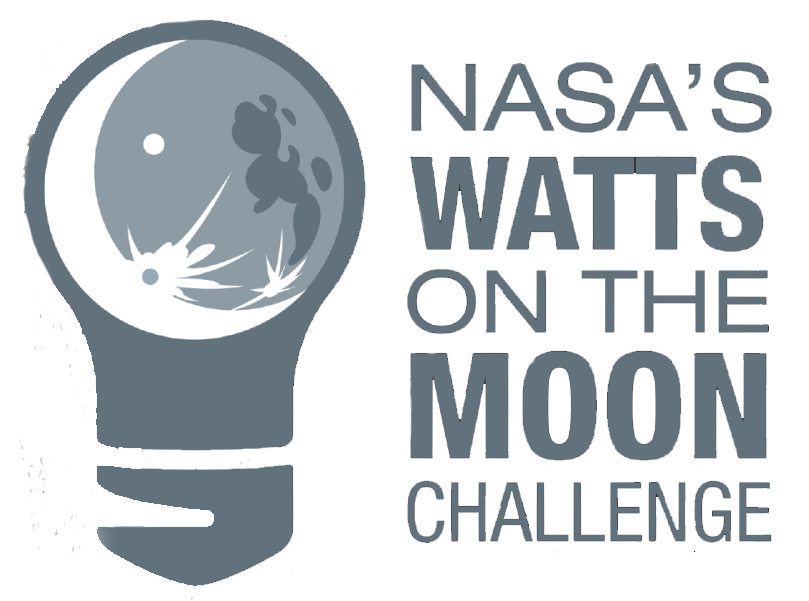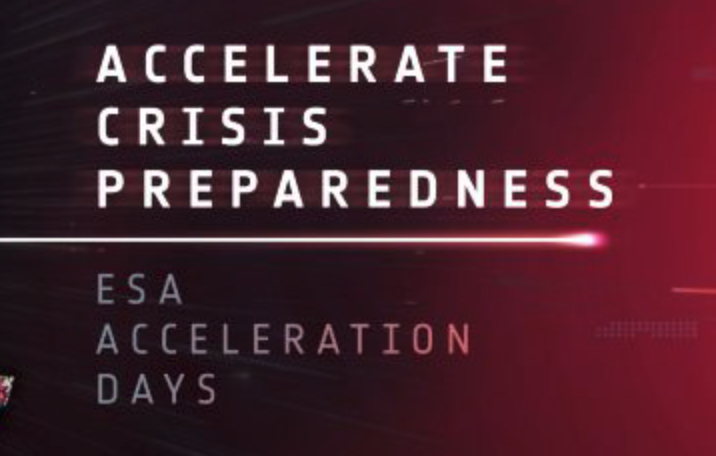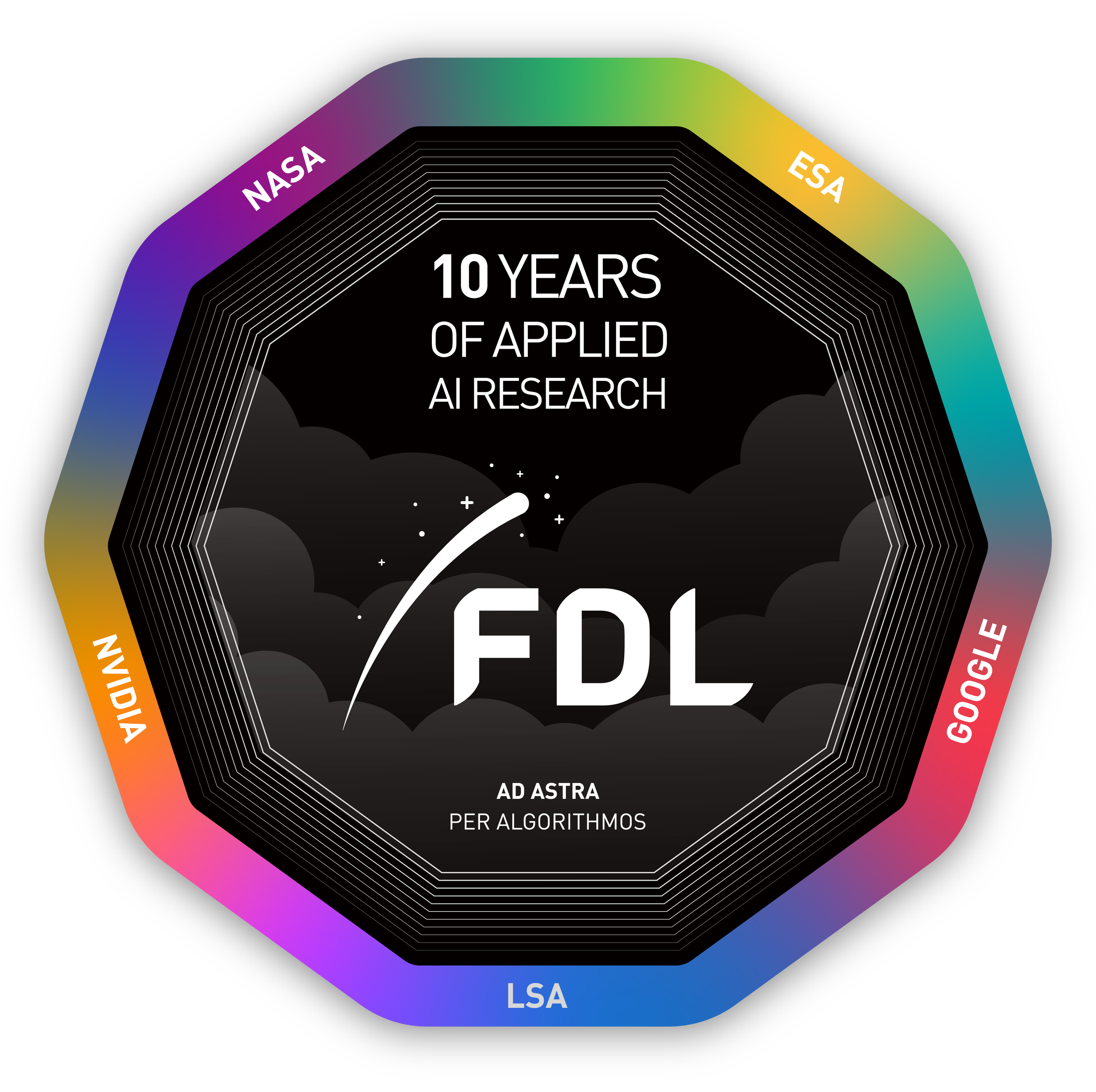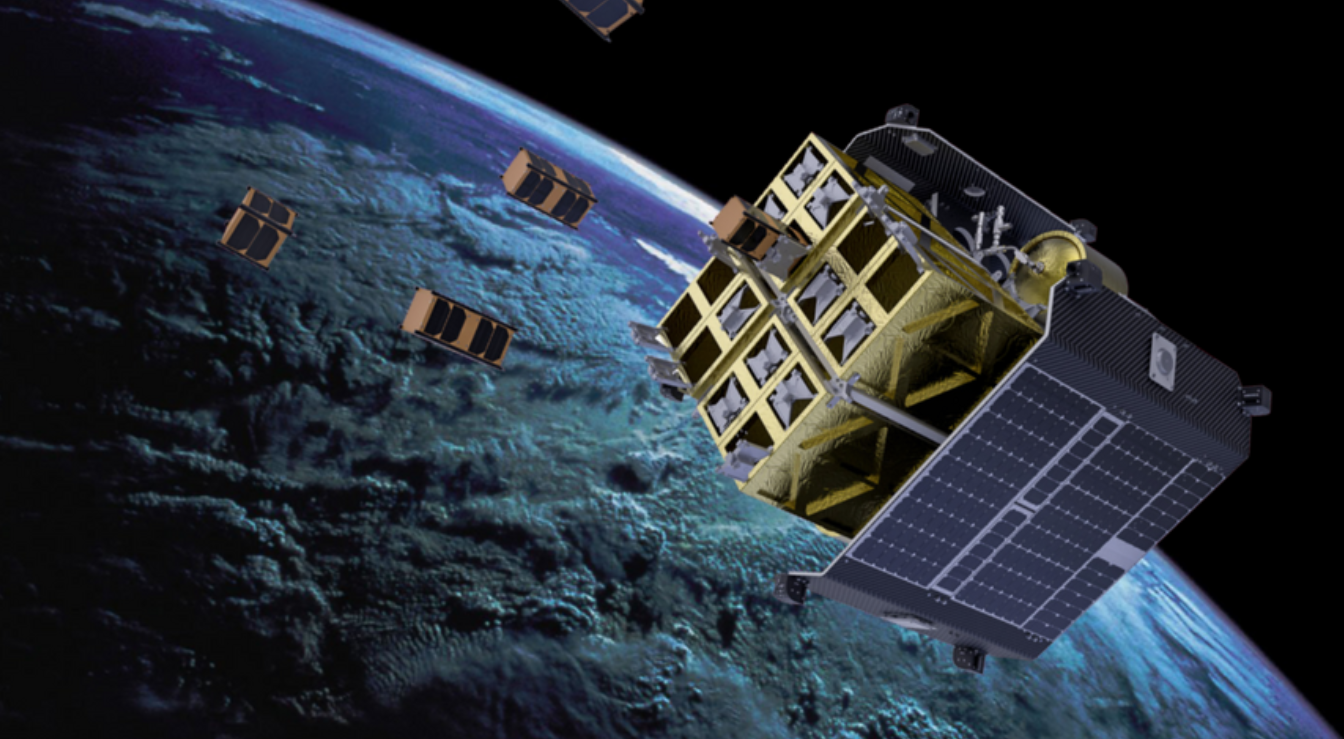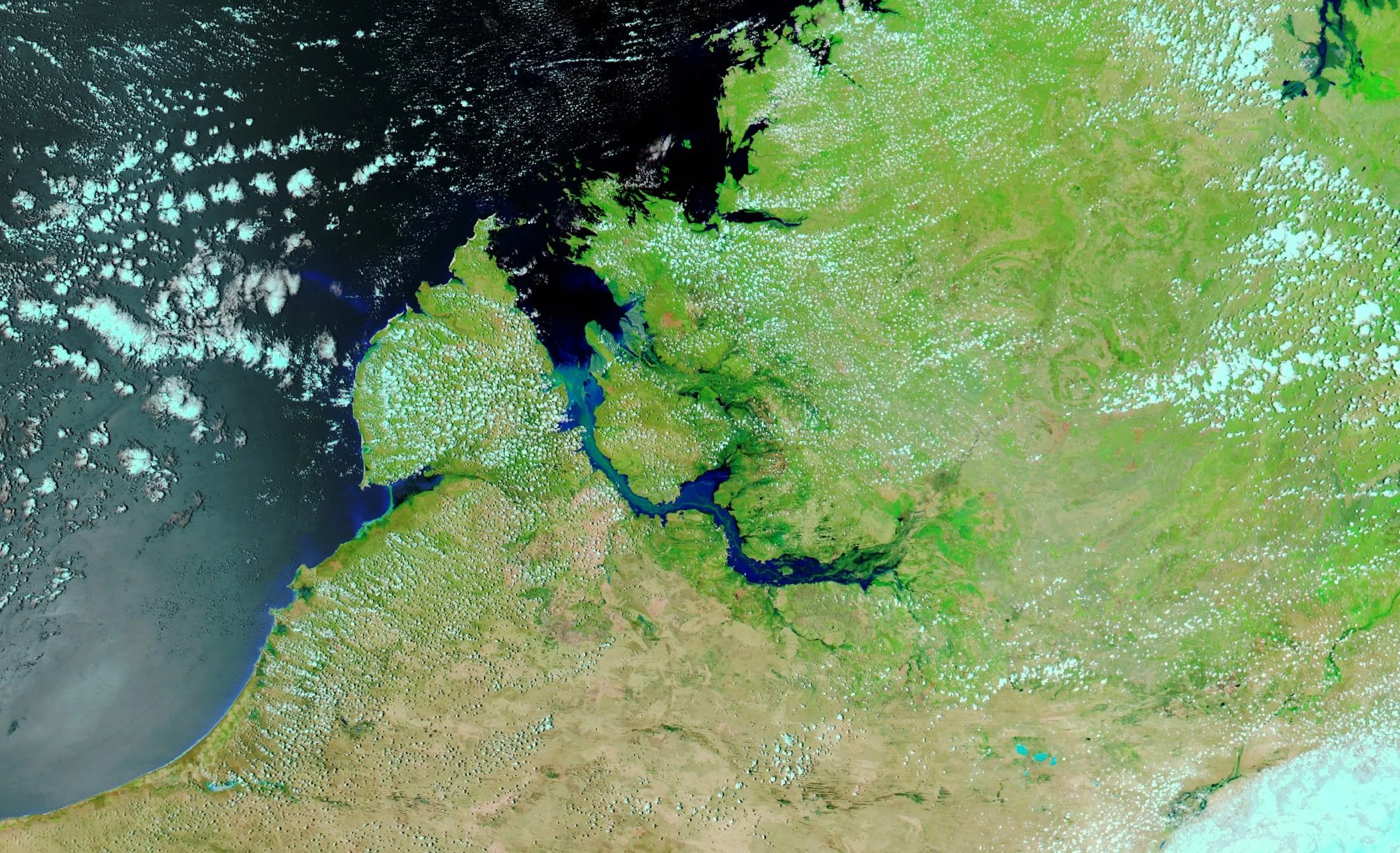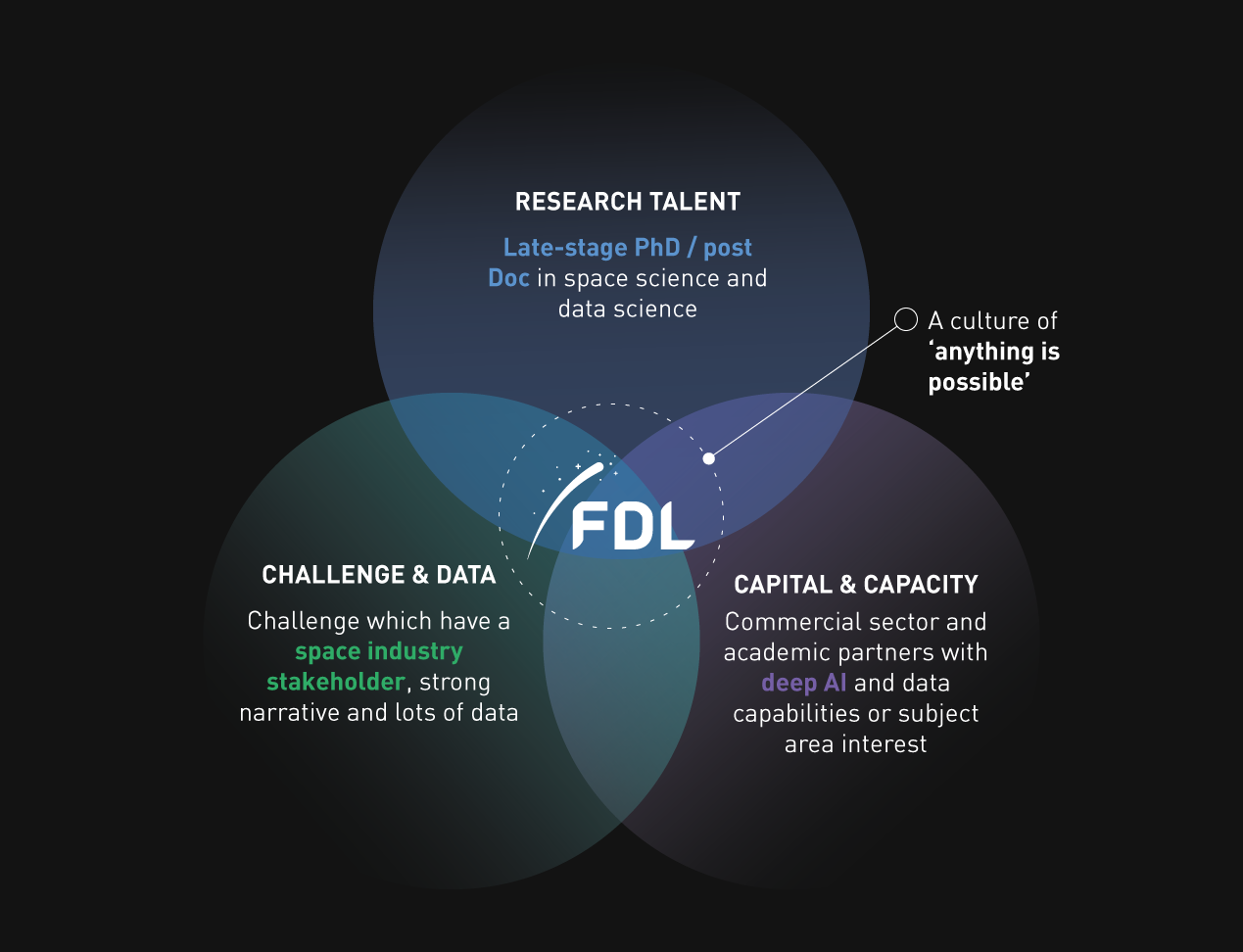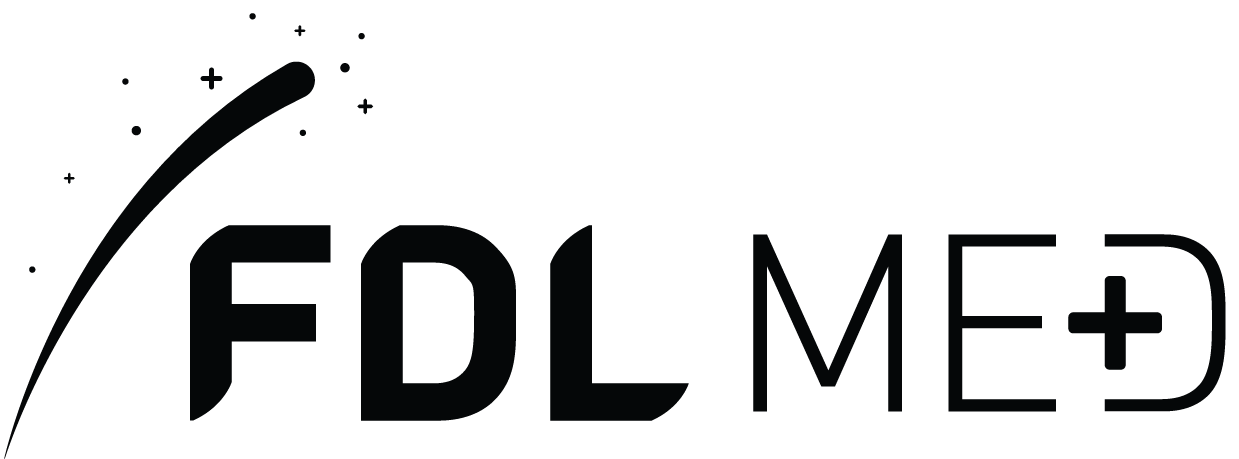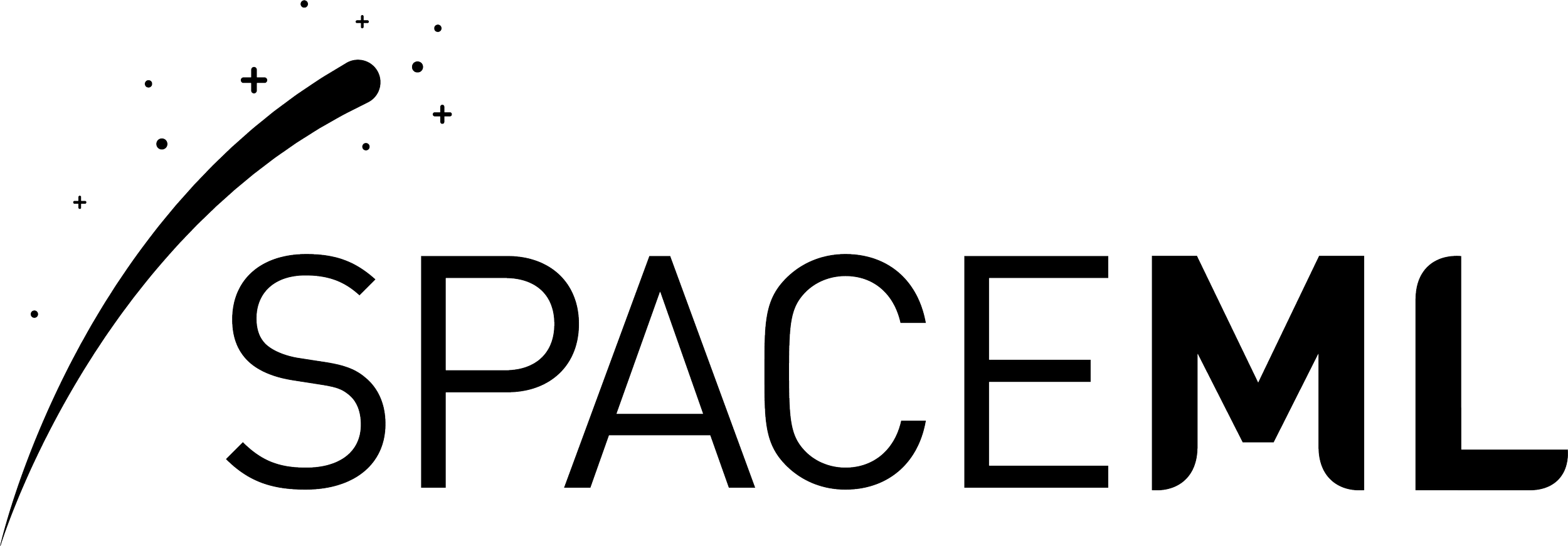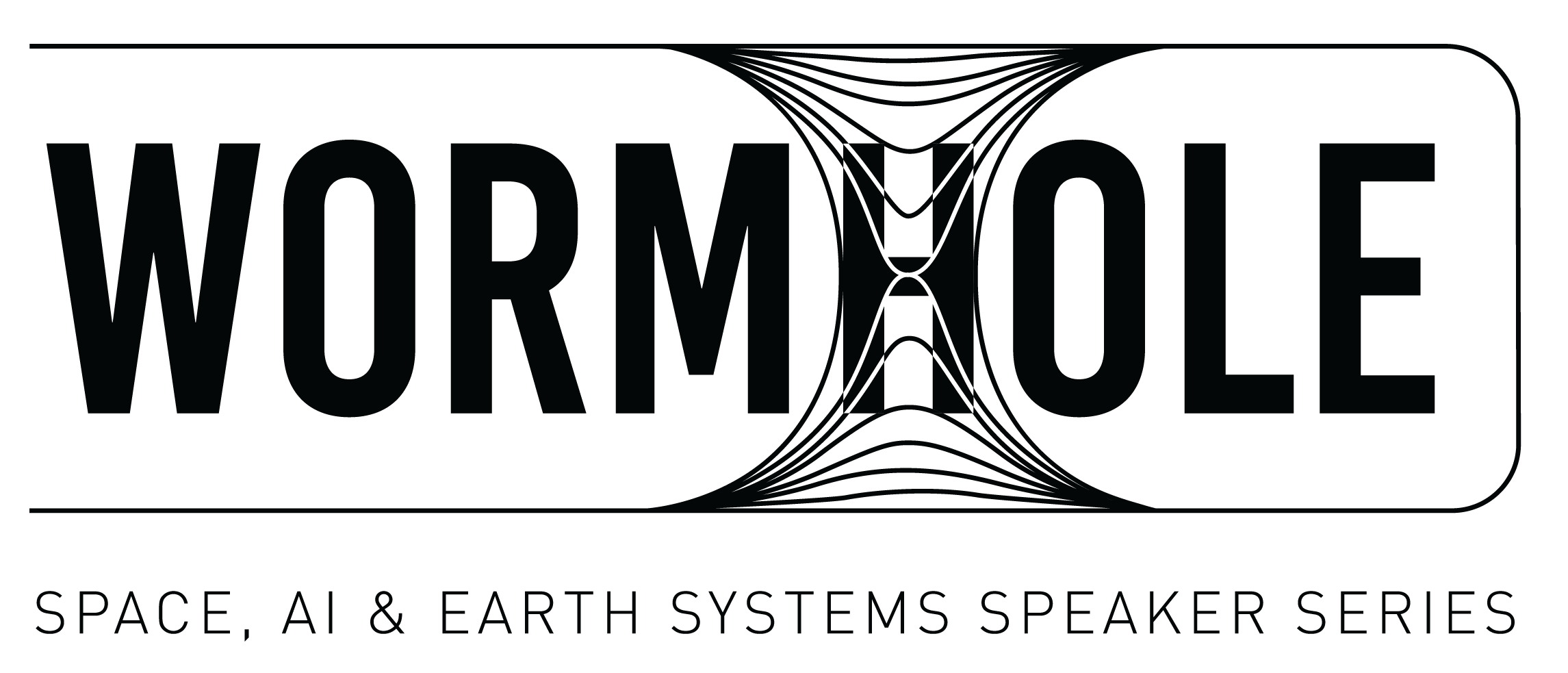
Let’s build an intelligent future
Artificial intelligence for planetary stewardship, space exploration and human health.
Featured Trillium projects:
Awards
Nature publishing top 100 papers
Using AI to Predict the Sky
Outstanding Achievements & Research Contributions
Best Innovation
Space
IEEE LifeTech 2021 Outstanding Paper Awards
Finalist: Science Breakthrough
Heliolab & Surya
TOP 100 AI for the SDGs
Winner
Winner
Trillium Technologies
Winner
Trillium Technologies
Most innovative, Global winner
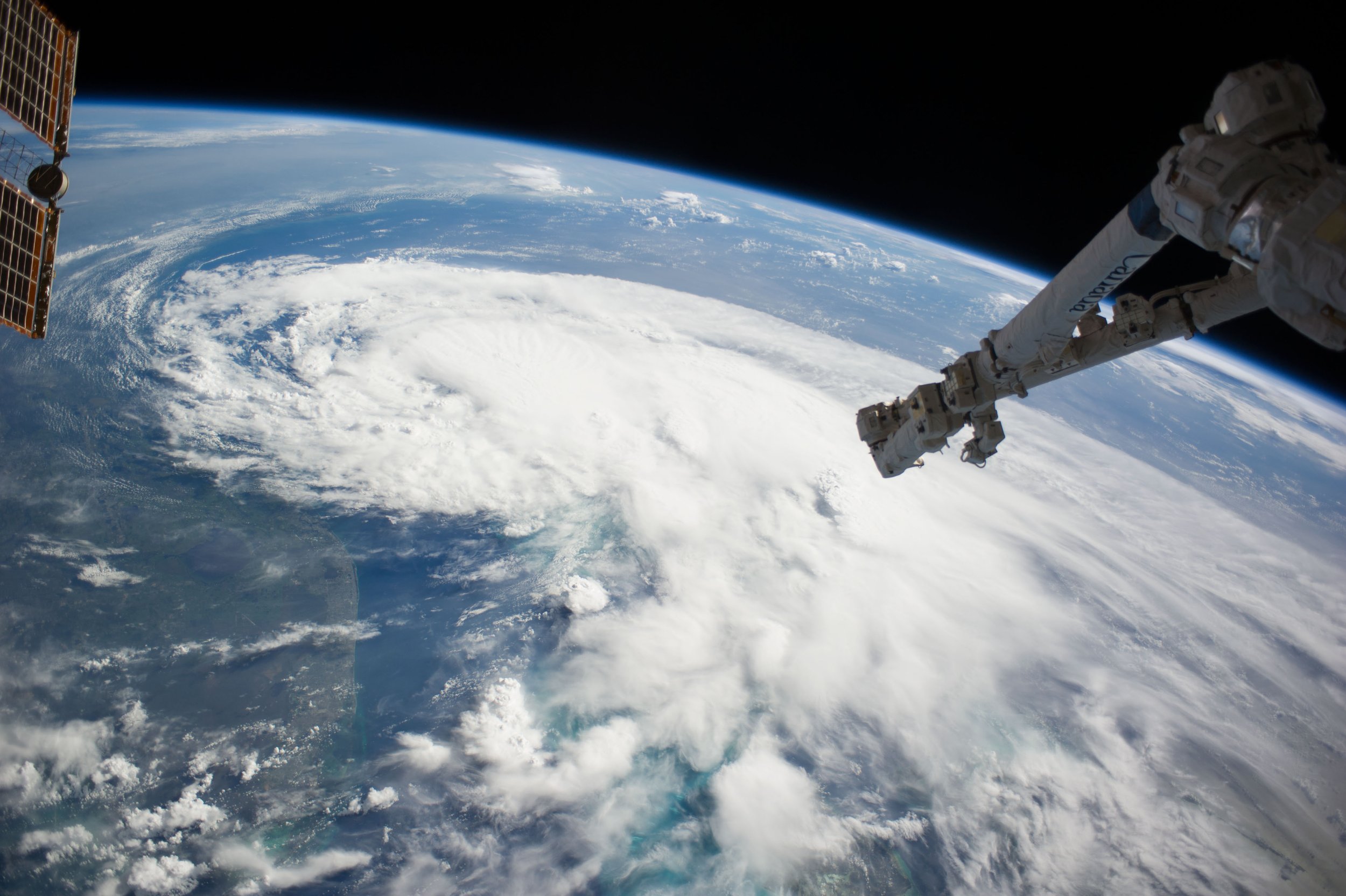
“The world of Earth Observation (EO) is rapidly changing, driven by exponential advances in sensor and digital technologies. Recent decades have witnessed extraordinary developments in ICT, including the Internet, cloud computing and AI. This digital revolution is also accompanied by a sensing revolution providing an unprecedented amount of data on the state of our planet and its changes.”
— Pierre Philippe Mathieu, Head of Φ-Lab Explore Office, ESA ESRIN
How we work
We build effective interdisciplinary teams to tackle the most interesting and important challenges of our time. These range from detecting and managing bushfires, to creating detailed maps of resources on the Moon, from mitigating the effects of global heating to deploying artificial intelligence (AI) tools into orbit.
Our research programs apply agile methods to make rapid progress towards solutions, and are guided by academic rigor and open science principles. We build supportive communities involving top-level academic institutions, national science and space agencies, leading technology firms, and global aerospace companies. This broad and deep partner network enables state-of-the-art results by supplying world-leading expertise in AI and domain science, combined with significant resources to find solutions at scale.
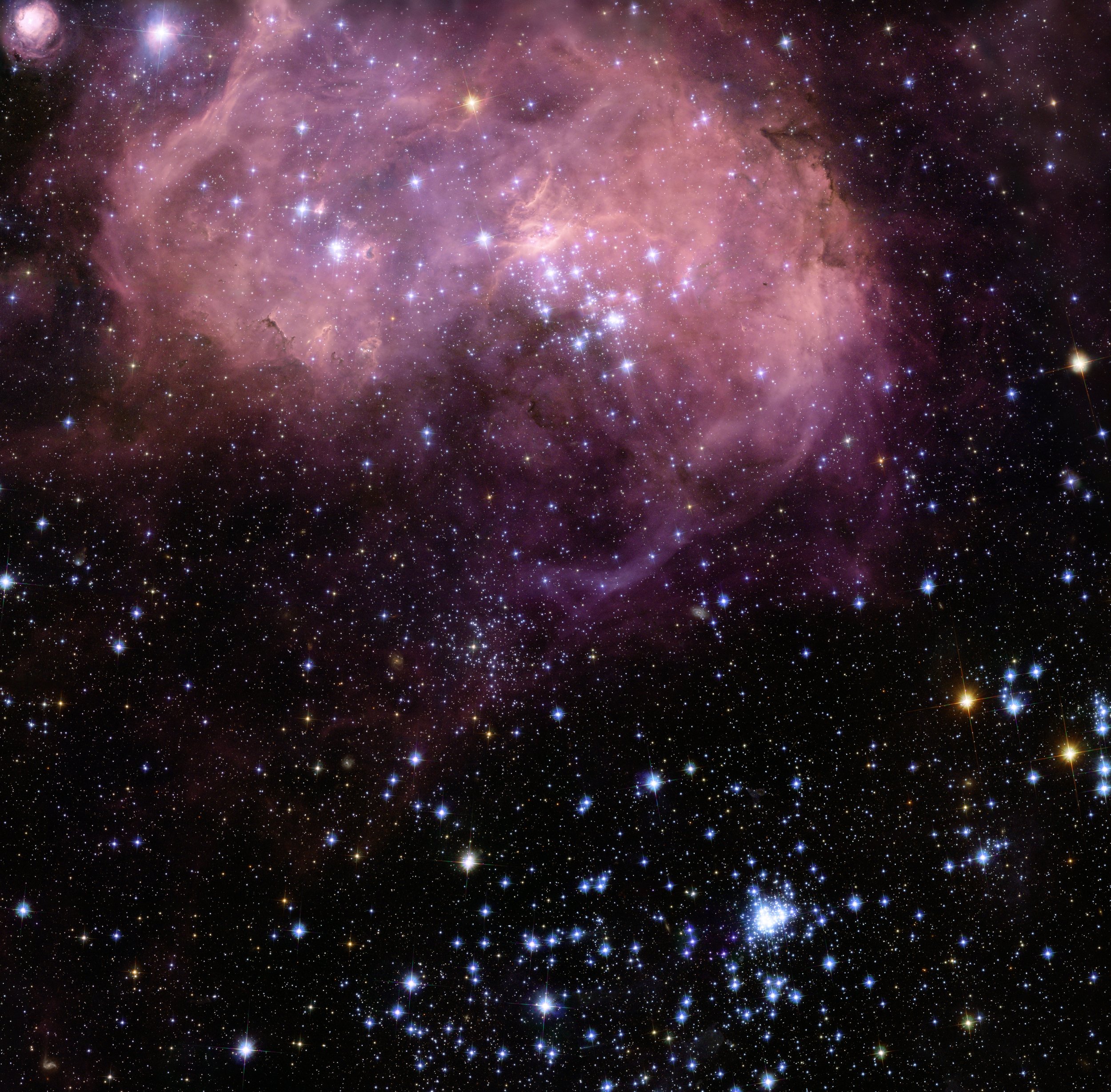
“Without space exploration Humanity cannot grow. Watching FDL grow too, these past years, continues to be a privilege for NVIDIA, as does assisting the FDL family to accelerate solutions to some of our most profound challenges. Despite the troubles here on Earth, every night we can simply look up & dream. Tonight, look up & know that a growing number of GPUs are smiling back at you.”
— Jensen Huang, President & CEO, NVIDIA
Our work has been deployed in all sorts of settings
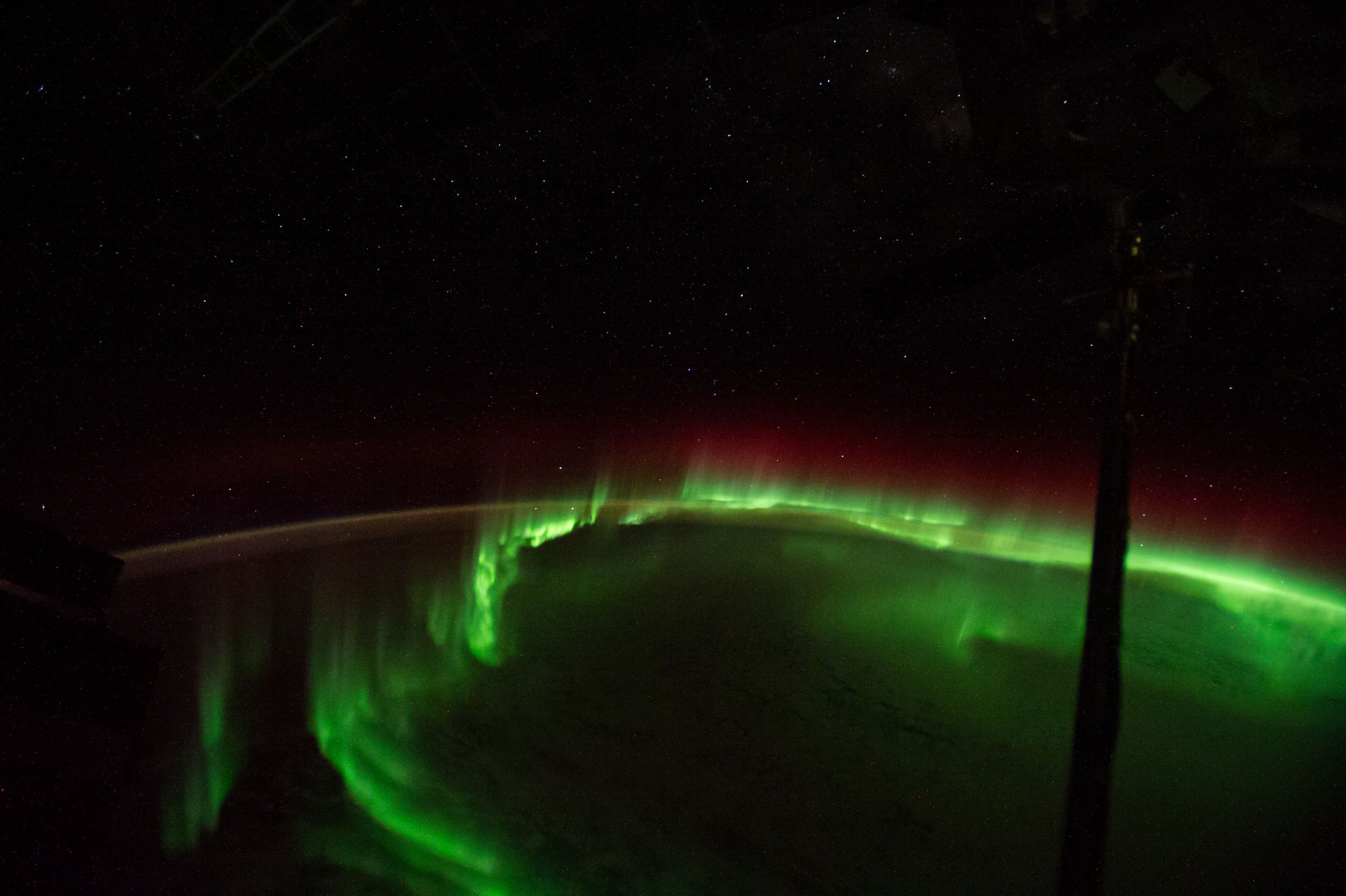
"The future of AI is not just about maximising the effectiveness of a model, it's much more integrative. Tooling, NLP, knowledge graphs and predictive tools, working together is the new frontier - integrated approaches that use multiple disciplines. The bottleneck has shifted from new algos to integrating multiple methods with each other and also with human decision makers. This is the importance of Decision Intelligence."
- Dr. Lorien Pratt, Quantellia Chief Scientist and Founder
Our methods and processes
Our work is driven by the scientific method and guided by NASA’s technology readiness levels (TRLs). During the development cycle we conduct regular reviews with experts and potential end-users. This ensures the research stays on-target and delivers maximum impact, but also means that our partners gain a deep understanding of what is created.
We sincerely believe in the motto ‘better together’ - that collaboration and cooperation builds healthy knowledge ecosystems, creating opportunities for all. Our programs are built on large and diverse communities of experts who collaborate to produce open outcomes using transparent processes.
We don’t offer inscrutable ‘black boxes’. Instead we work with our partners to develop systems that explain the ‘how’ and ‘why’ of a result. We are keen on ‘explainable artificial intelligence’ as a building block of trusted systems that can be validated and audited for decision making.
Who we are
Trillium is an impact-led social enterprise operating between industry and academia. We have chosen this structure to give us the greatest chance of achieving our mission - to accelerate the adoption of trusted intelligent systems for the benefit of humanity.
We balance delivering impact in a financially sustainable way. We aim to give our team, our researchers and our faculty a great journey and the chance to do some of the best work of their lives.
We are different from traditional profit and shareholder-led companies as we do not need to maximise our returns for owners and shareholders. Instead, we invest any profit we make into new projects and programs. We are also different to charities as we can apply a wider range of business models and approaches to increase our impact, and when appropriate, maximise commercial opportunities and assets.
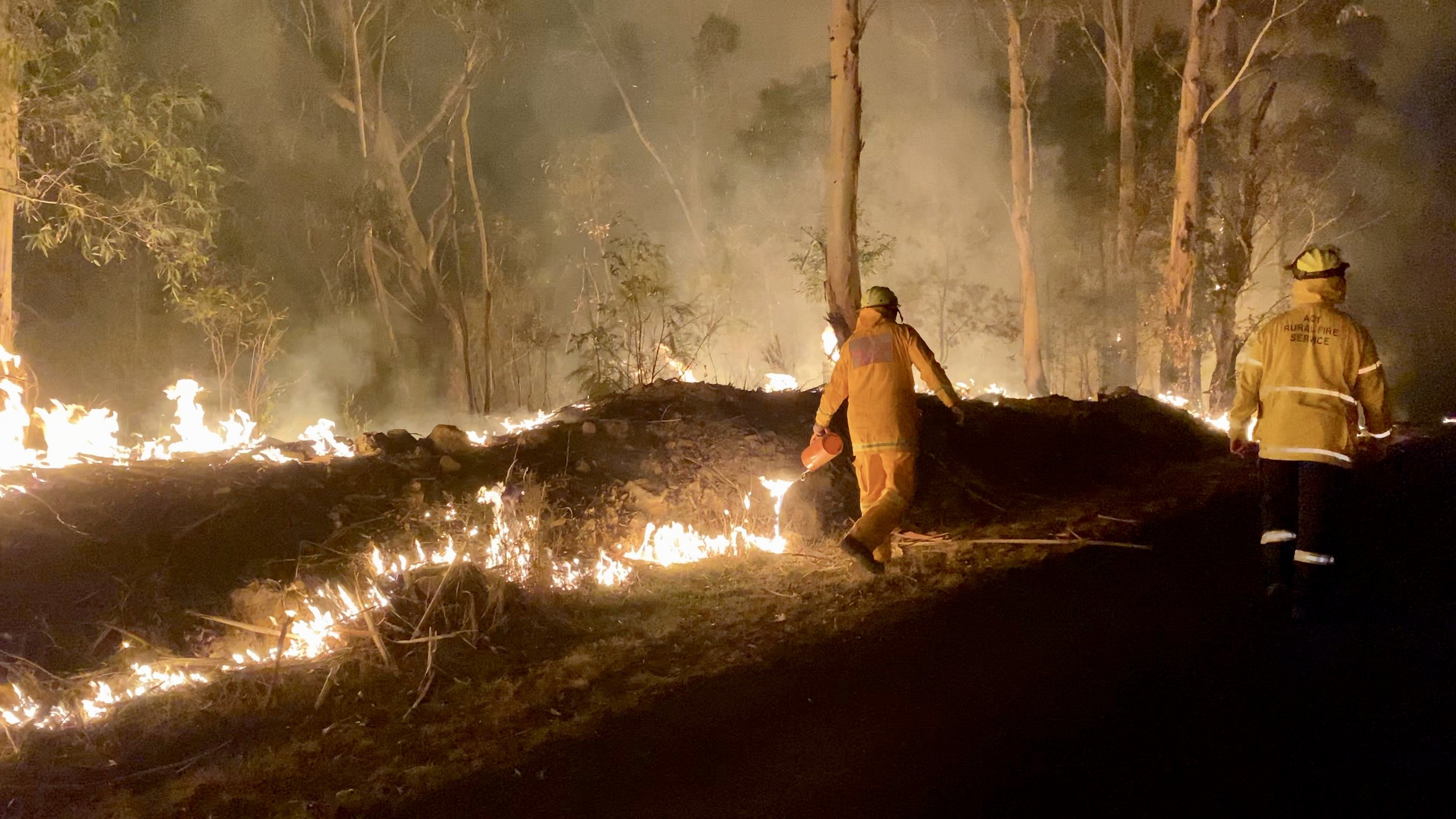
“We know something different needed to be done in the technology space ... to help us address these [extreme weather] issues. The future is going to be about the use of space [science] to genuinely improve the socio-economic and prosperity outcomes for this country. This is not just about data and information use during bushfires but how we monitor and manage natural resources and environment. What has been missing is something that harnesses the latest technology and lasts beyond bushfire fighting season.”
- Hugh Durrant-Whyte, New South Wales Chief Scientist & Engineer
Brands
Who we are
We are an international team of researchers, scientists, designers, developers and AI specialists motivated by ‘impact for human good’ through the accelerated application of trusted intelligent technology.
-

James Parr
FOUNDER AND CEO
James has spent his career tackling challenging systemic problems such as climate change, obesity, asteroid hunting, disaster response and violent extremism.
Part product designer - part scientist - part entrepreneur - part inventor, James is a hybrid who believes in the power of interdisciplinary approaches to fast track innovation and is a passionate advocate of the power of teams and partnerships to do great things for the good of humankind.
-
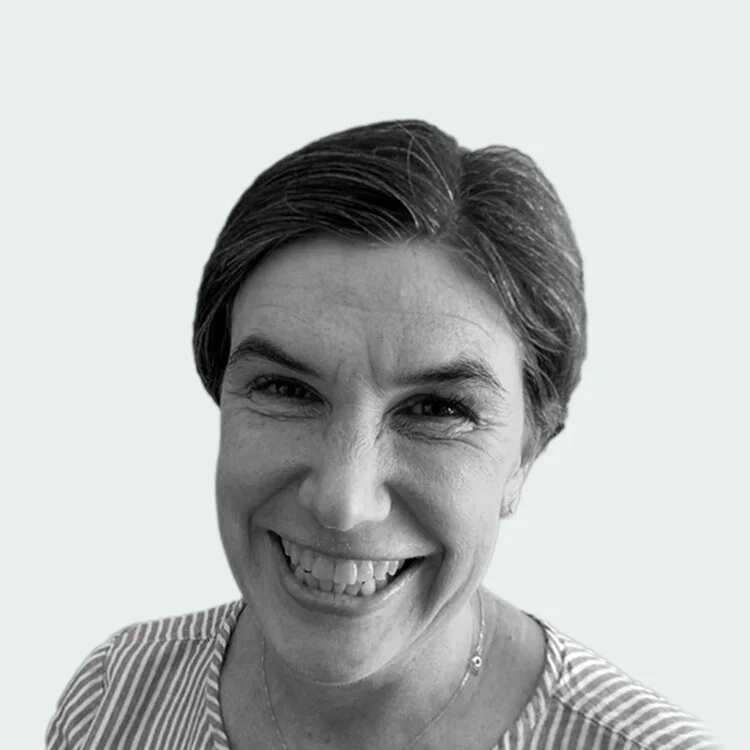
Sarah McGeehan
CHIEF OPERATING OFFICER
Sarah is responsible for the operations and finance across the UK, American and Australian group of companies. She has over 20 years of experience, setting up and managing programs across science, innovation and finance. Previously, she led the Health Innovation Programme at The Young Foundation, the NESTA Social Enterprise Investment Fund and was deputy chief executive of the CDFA (now Responsible Finance) for five years.
-
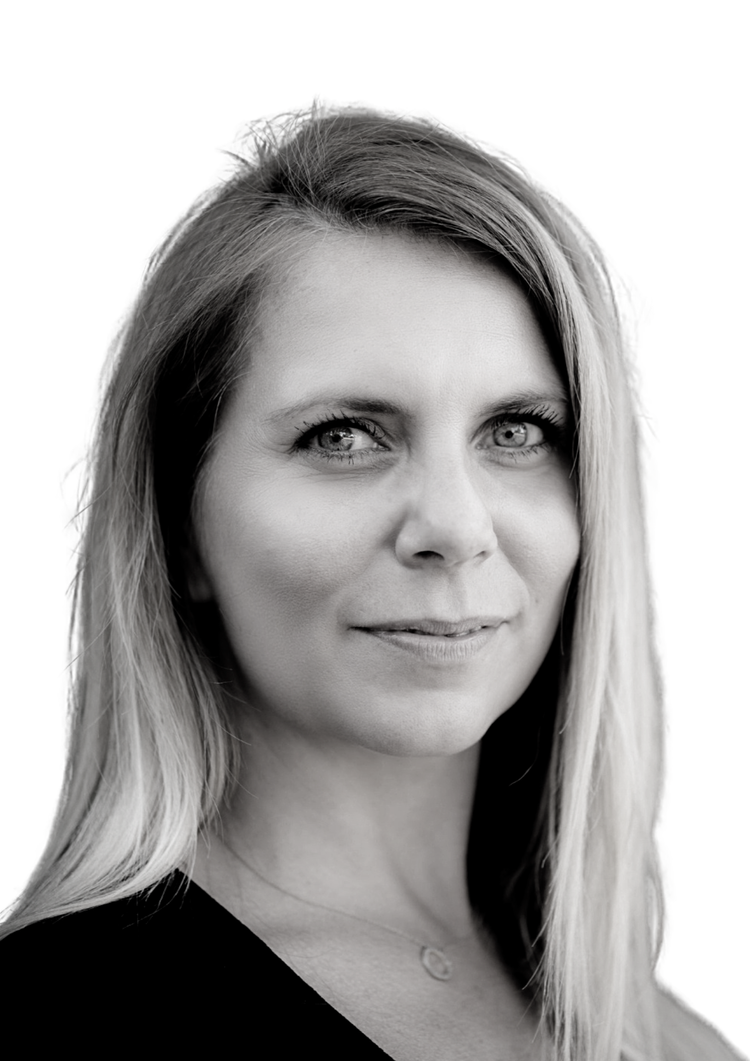
Jodie Hughes
HR AND OPERATIONS DIRECTOR
Jodie is responsible for the human resources strategy, focusing on global talent, diversity, inclusion, and cultural development. She also manages the operational and financial aspects of the business. With a learning ethic at heart she has been instrumental in enabling Trillium’s vision by leading the team in delivering world-class research accelerator programs. With over 15 years of experience in operations and management, Jodie brings the passion, talent, experience, and strategy that allows Trillium’s ambitious team to thrive.
-

Jonathan Knowles
EXPLORATION DIRECTOR
With 30 years in Silicon Valley senior leadership positions at Apple, Adobe, and Autodesk, in addition to an active career in a variety of science, engineering, and academic domains, Jonathan is a proven creative thinker and respected voice on future trends, mindset, long-range vision, and "moonshot" thinking. Jonathan provides insight on the intersection of emerging technologies and societal trends, and closing the gap between the theory and the practice of innovation in a world of rapidly accelerating technological capabilities.
-

Mike Heyns
TECHNICAL PROGRAMME MANAGER
Mike joins Trillium from the Blackett Laboratory at Imperial College London, where, as a Schmidt Science Fellow, he led the development and deployment of global magnetohydrodynamic simulations for space weather forecasting at the UK Met Office and the European Space Agency (ESA). With a background in astrophysics and space science, Mike has participated as both researcher and faculty in sprints with Frontier Development Lab (FDL) in 2023 and 2024. Mike is dedicated to advancing interdisciplinary solutions at the intersection of science and technology and brings a passion for applied science and expertise in interdisciplinary research to the team. When not pushing the limits of what this means, you likely will find him outdoors — running, hiking, surfing, climbing, or doing anything else that doesn’t involve sitting still.
-

Jon Rushton
INDUSTRIAL + SYSTEMS DESIGNER
Jon is an experienced product + systems designer with 8+ years of experience specialising in space related concepts, hardware development, CAD, systems design, sustainability, prototyping, illustration, aid dependency avoidance and open source projects.
He graduated from Brunel University with 1st class honours in Industrial design which allowed him to follow his passion in a career that solves challenging problems and prototypes on a different level with cutting edge tools, processes and materials.
-
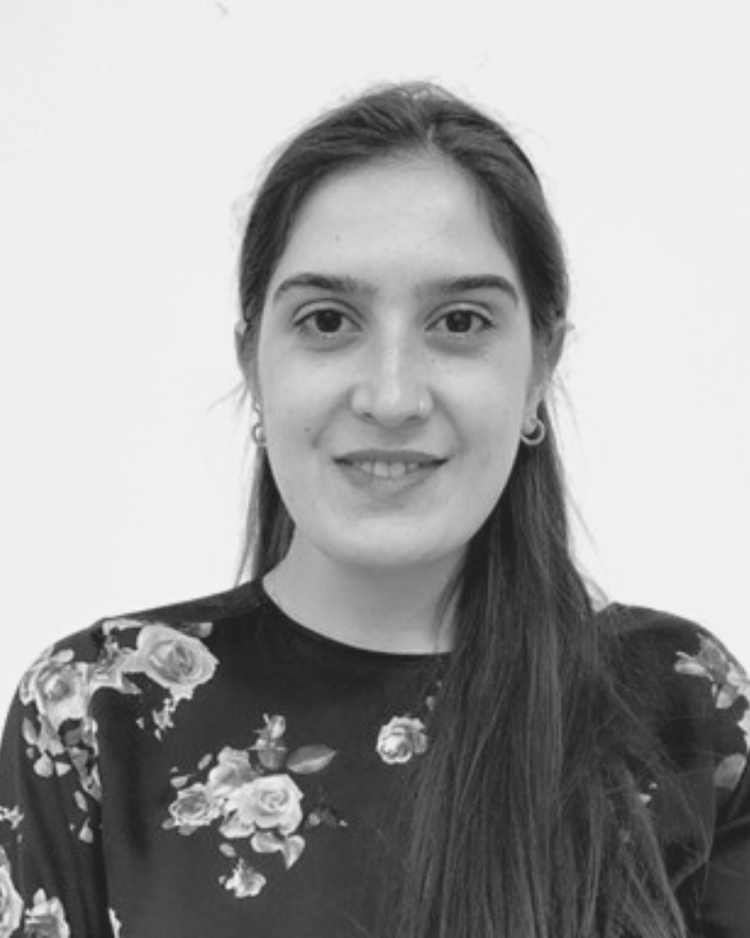
Ana Freitas
COMMUNICATIONS DESIGNER
Ana is a passionate and detail-oriented graphic designer with a strong background in both print and digital design. After graduating in 2009 with a degree in Graphic Design, she spent six years leading the samples department at a printing company, refining her skills in design production and quality control. Throughout her career, she has worked with startup artists and companies in London. These experiences have enhanced her ability to adapt to different creative environments with diverse teams. Eager to expand her expertise, she pursued a professional diploma in UX design, equipping her with the skills to create seamless, user-friendly digital experiences. This combination of print and digital design allows her to bring a unique perspective to every project, blending creativity with functionality. Ana is dedicated to crafting designs that are visually compelling, purposeful, and engaging.
-
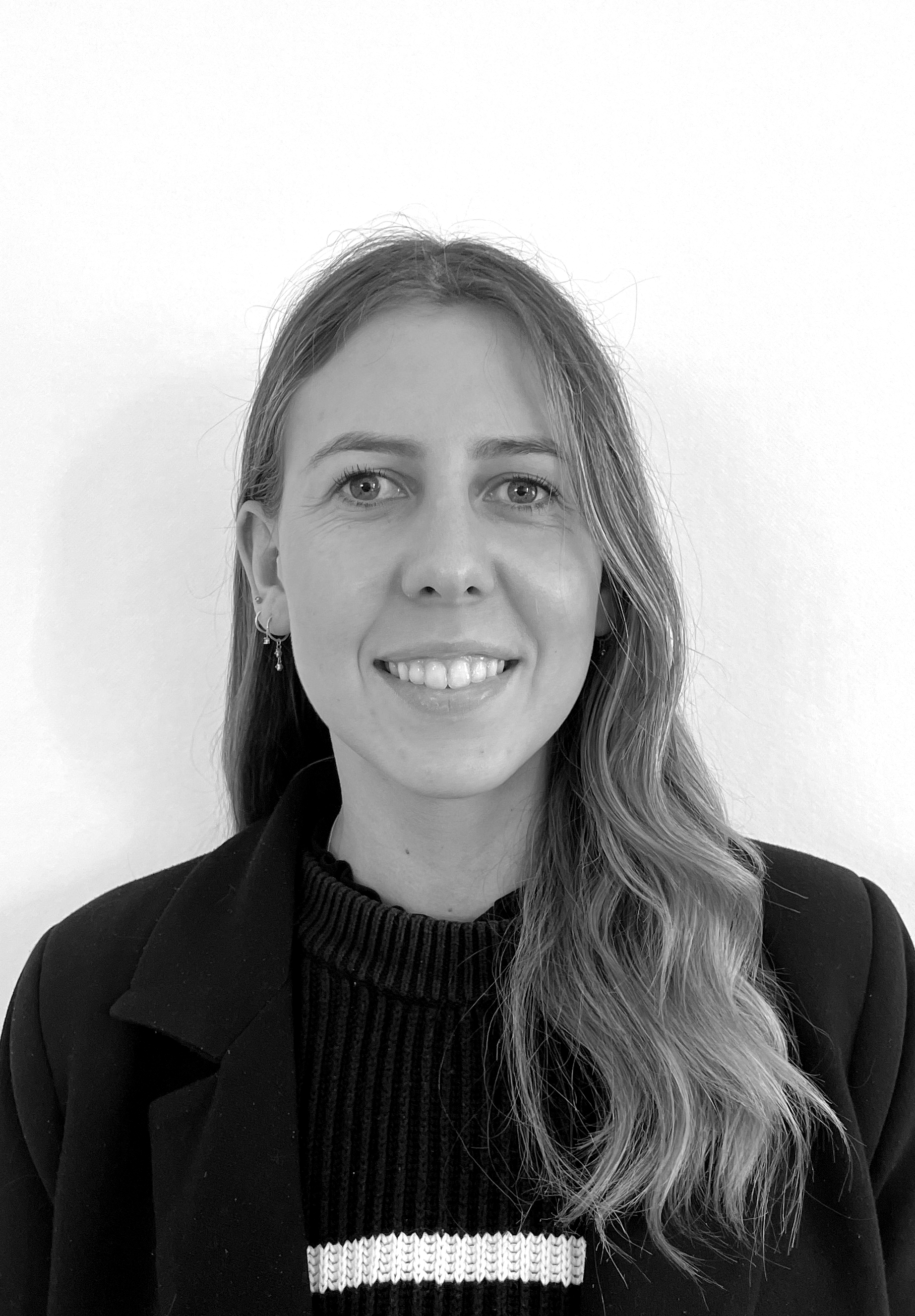
Loren King
OPERATIONS ASSISTANT
Loren brings a diverse background in marketing, administration, and events, along with a natural talent for organisation, logistics, and communication. With over five years of experience across industries such as property, charitable organisations, and sporting events, Loren’s curiosity and commitment to professional development have guided her toward meaningful, impactful work.Originally from a small town in New Zealand, Loren graduated with first-class honours in Marketing and Communications from the University of Waikato. Known for her collaborative and approachable style, she thrives in dynamic environments, embracing new challenges with enthusiasm and a genuine desire to make a positive difference. -

Carmen Waters
PROJECT ASSISTANT
Carmen is a recent graduate from Oxford Brookes University with a Business and Marketing Management degree (First Class Hons), where she has developed a passion for sustainability and climate change. She believes forward-thinking companies like Trillium are uniquely positioned to lead the charge in both technological innovation and environmental progress. Drawing inspiration from Trillium’s bold vision to push the boundaries of technological advancement, and aims to infuse that same innovative spirit into her marketing strategies, driving both business success and sustainability.
In her spare time she enjoys staying active as a frequent gym-goer and honing her cooking skills in the kitchen. -
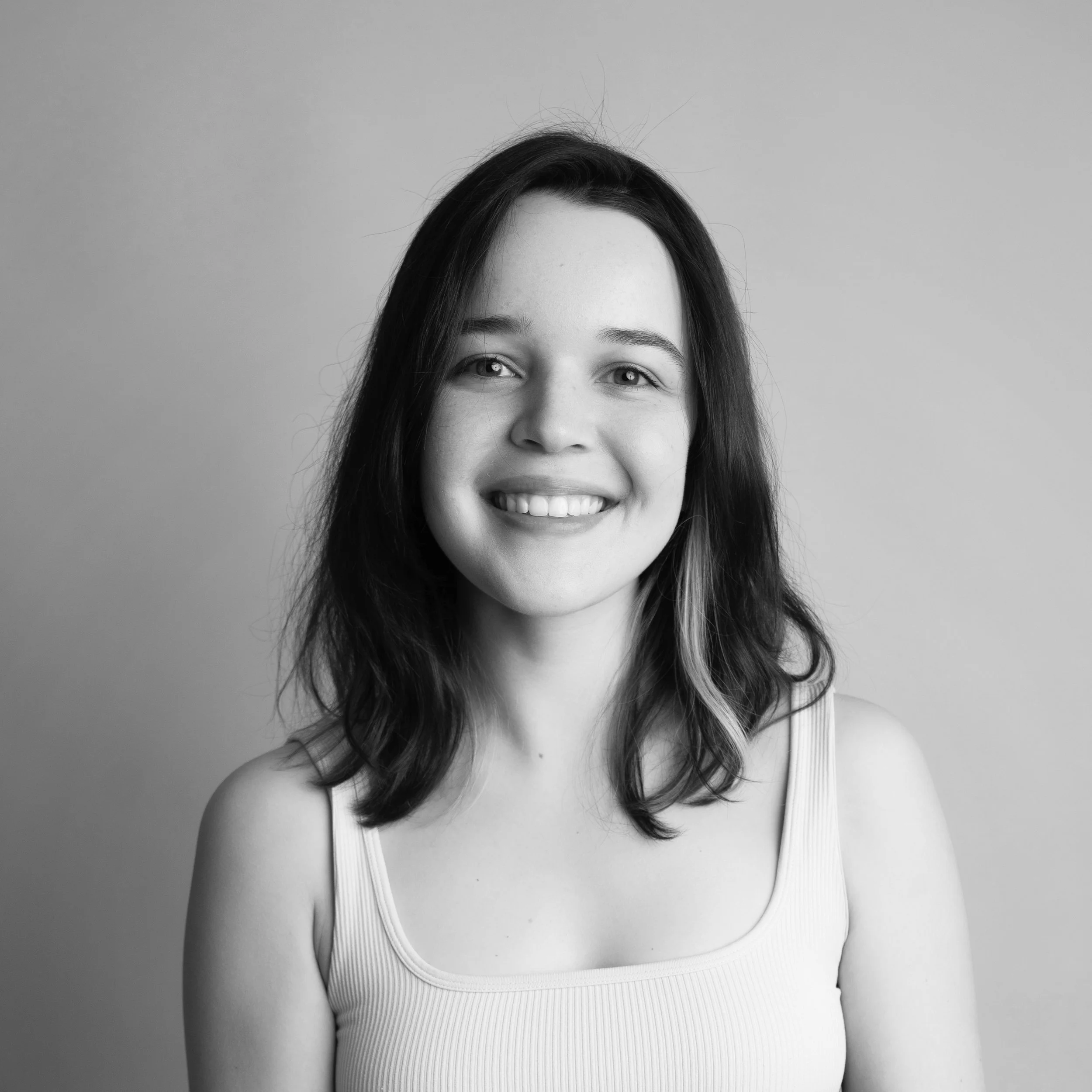
Poliana Santana
UX TECHNOLOGIST | FULL STACK WEB DEVELOPER
Poliana is a software engineer with a mixed background in full-stack, digital arts, and UX design, allowing her to bridge the gap between creative direction and technical execution. She has worked on microservices, internal tools, and user-facing applications across healthcare, IIoT, and nonprofit spaces. In these settings, she has seen how thoughtful design and engineering can have a tangible impact on people’s lives, both for internal teams and the individuals they serve. She believes the best products are shaped by real needs and brings a user-centered approach to everything she builds.
-
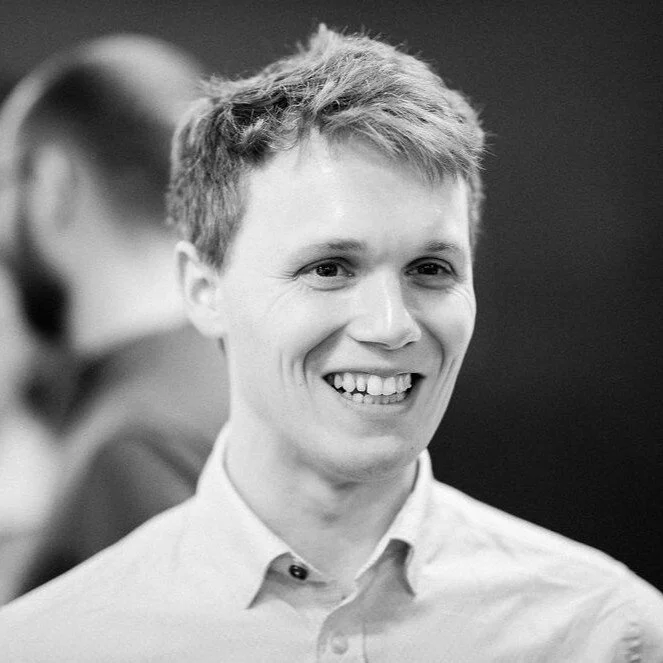
William Fawcett
LEAD RESEARCH ENGINEER
Will brings to Trillium over a decade of experience in data intensive sciences and applied AI, working in both industry and academia. His background is in particle physics research, where he used AI and data science techniques to search for new fundamental particles with hundreds of petabytes of data from the CERN Large Hadron Collider. After completing his PhD from the University of Oxford, Will continued as a researcher at the University of Geneva and later the University of Cambridge Cavendish Laboratory. In 2023 he transitioned from academia to join an AI technology startup before joining Trillium. Throughout his career, Will has had an interest in bringing machine learning techniques into science and industry. That passion has led him to take part in several Trillium Frontier Development Lab (FDL) challenges, stretching back to 2018. Alongside his role at Trillium, he is Director of Studies in physical natural sciences at Homerton College, University of Cambridge.
-
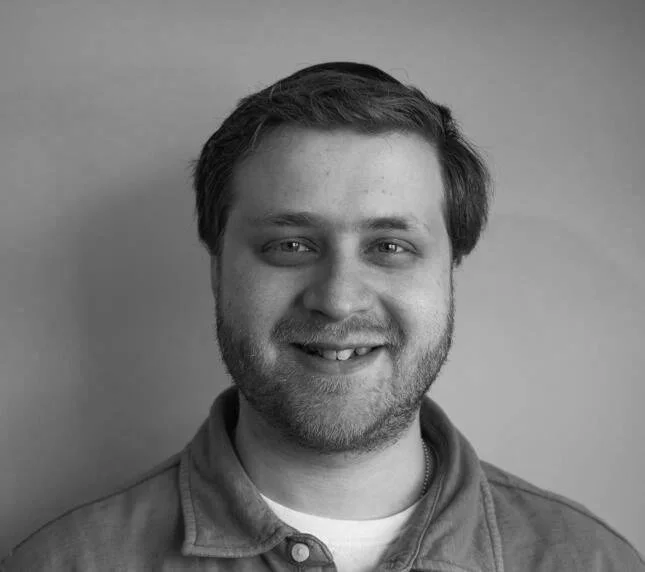
Russell Spiewak
LEAD RESEARCH ENGINEER
Russell (Ph.D.) is a Computational and Theoretical Physicist specializing in network materials, structures, and systems, including AI and machine learning.
He was a researcher on the FDL Heliolab 2025 Orchestrator team, where he designed and implemented agents and subagents using Google ADK in different agentic design patterns optimized for specific tasks, connected existing and new tools for MCP servers, as well as custom extension tools, and designed and implemented custom RAG database for heliophysics context.
Russell's research areas have also included the following: agents and agentic systems for customer discovery and personalized ad generation, and agent marketplaces with no-code agent creation, in pre-startup initiatives; pipeline creation, presence detection, machine learning compilers, 3D reconstruction, object detection, face detection, and facial recognition at Samsung SmartThings; deriving and simulating mechanical properties of fibrous network materials at the University of Pennsylvania; and simulations of current distribution and cascading failures of electrical power grid networks at Yeshiva University. -
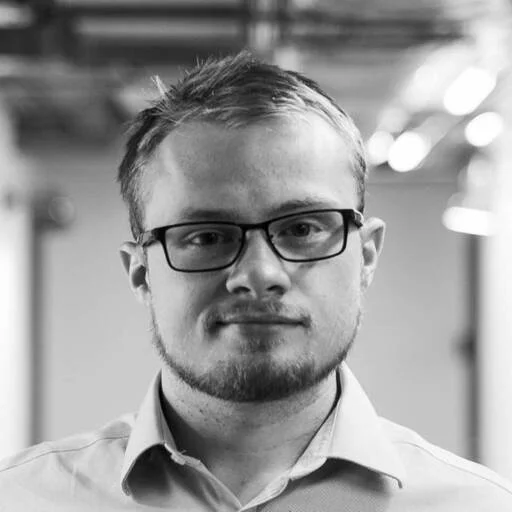
James Walsh
SENIOR DATA SCIENTIST
James Walsh is a final year PhD student working within the Use Less research group at the University of Cambridge. His work focuses on evaluating early-stage design decisions for sustainability of industrial installations. He is supervised by Dr Cyrille Dunant, advised by Dr André Cabrera Serrenho, and funded by EPSRC & AVEVA via FIBE2. He supervises 2nd year undergraduate mechanics for his College and was faculty at FDL Heliolab 2024 on the Thermospheric Density Continuous Learning project. He was also the President of the Girton's Postgraduate Students’ Union and ex officio trustee.
James formerly worked on modelling battery degradation and social distance estimation within the Warwick Machine Learning Group placed at The Alan Turing Institute. He is particularly interested in applications of machine learning for sustainability and social good. James graduated with a Bachelors in Data Science from Warwick's Statistics Department and completed his Master of Research at Cambridge through the FIBE programme. He was a Research Resident for a London AI start-up Cervest and a mentor for the African Data Science charity Ishango.ai. -
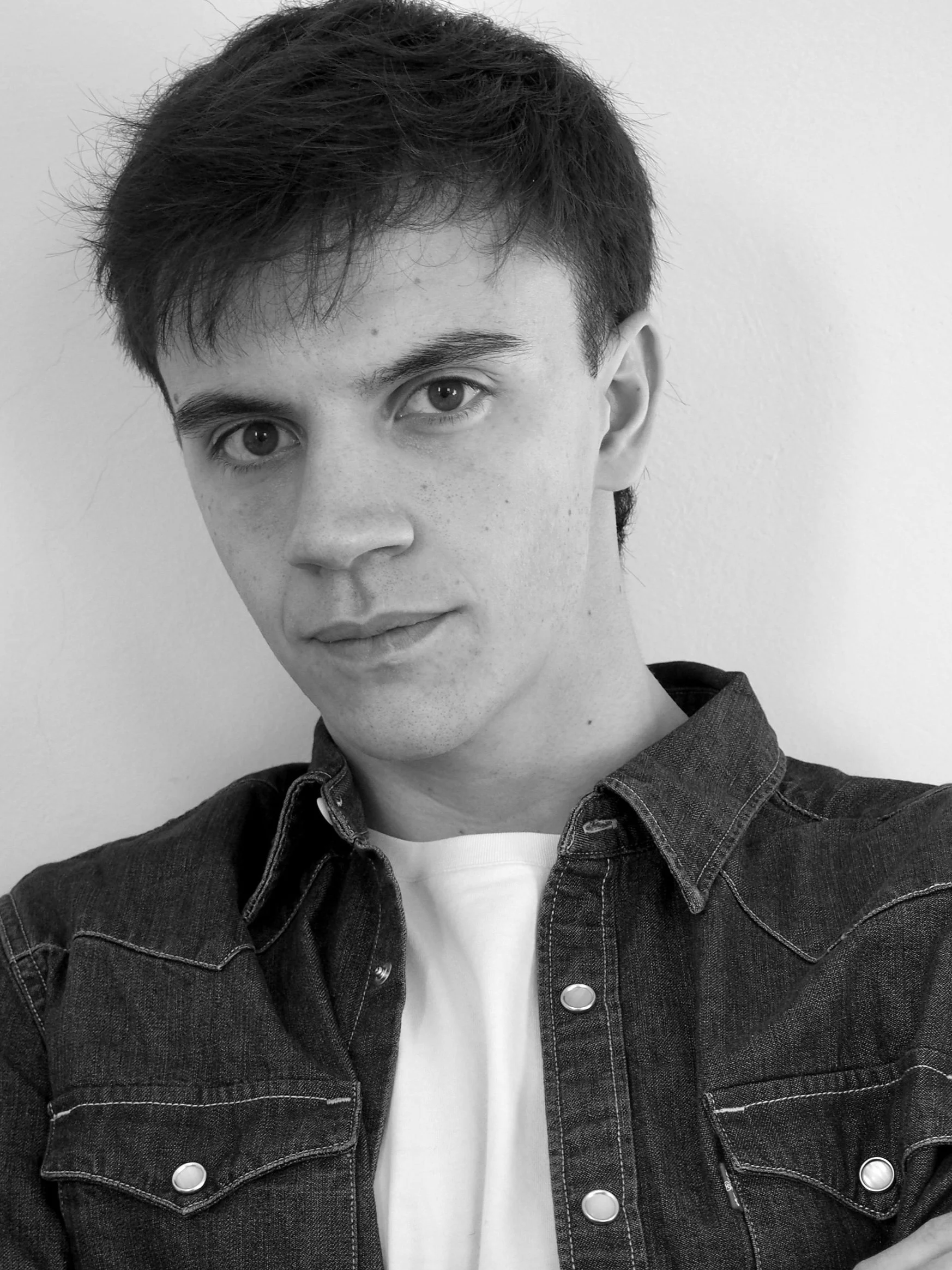
Giacomo Acciarini
ML RESEARCHER
Giacomo has a diverse range of expertise, spanning from astrodynamics to applied machine learning, where he focuses on probabilistic programming and deep learning techniques in the context of space science problems. He has recently passed his PhD defense at the University of Surrey, working in collaboration with the ESA/ACT. His research focuses on advanced mathematical techniques applied to dynamical system theory, specifically the motion of spacecraft around small uncertain bodies. He has also been working on several topics at the intersection between space science and advanced machine learning, including spacecraft collision avoidance, orbital propagation, thermospheric density modeling, and space weather forecasting, among other topics. -

Belina Raffy
COLLABORATION & COMMUNICATION COACH
Belina, originally from Baltimore and now based in Berlin, Germany, is a dual US/French citizen with a Bachelor of Science (Hons) and an MBA. She specializes in innovation and business improvisation consulting, offering coaching, inspirational talks, and workshops designed to foster sustainable business transformation and planetary well-being. Her work primarily supports social entrepreneurs, scientists, experts, and activists. Since 2018, Belina has collaborated with the FDL Europe and FDL-X teams each summer, integrating improvisational practices into a unique innovation culture to facilitate co-creation within and across research teams. A former board member of the Applied Improvisation Network for six years, Belina is also the author of 'Using Improv to Save the World (and Me)' and operates her own global consultancy focusing on co-creation, complexity, and communication. Her mission is to make doing good delightful, impactful, and accessible on both small and large scales. Belina is known for her infectious laughter, a testament to her passion for her work.




